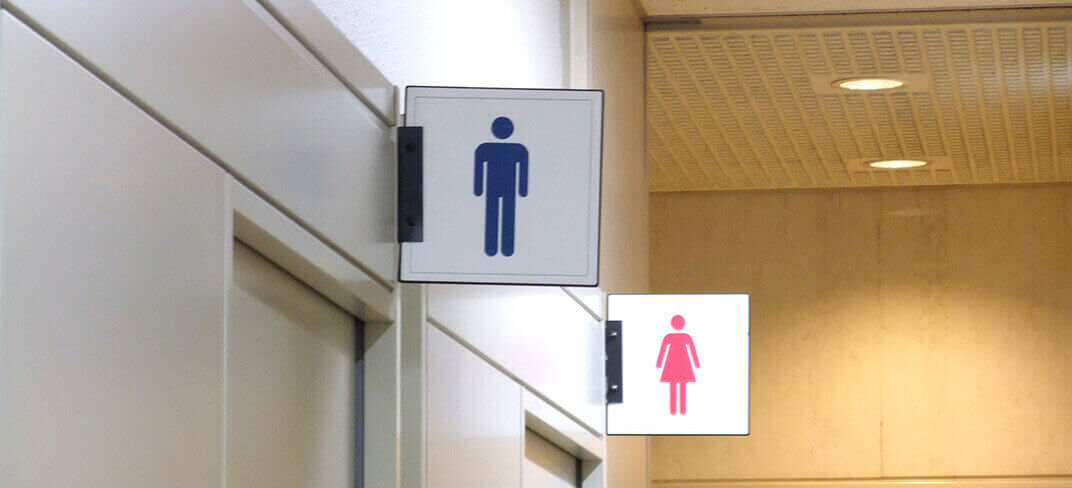Insights from Mr. Fardod O’Kelly for a Healthy Bladder

Have you ever found yourself dismissing signals that your bladder needs to be emptied, perhaps attributing it to the demands of a busy schedule or momentary distractions? How often have you brushed off the urge to visit the toilet, thinking it's just a small inconvenience? The truth is the intricacies of bladder health are far more profound than we might realise.
Mr. Fardod O’Kelly, a paediatric urology consultant at UPMC Kildare Hospital, offers insight on the importance of listening to your body when your bladder needs to be emptied. He explores the impact on childhood bathroom habits and adult bladder function.
Long-Term Consequences of Ignoring Bladder Signals
Habits formed in childhood, such as holding in pee, can lead to serious urinary issues in adulthood. Data shows that 15% of children in Europe exhibit this behaviour, attributing it, in part, to increased screen and tablet usage, resulting in constant distractions.
Consistently ignoring the signals from the bladder can lead to significant long-term consequences, warns Mr. O’Kelly. Recurrent urinary tract infections (UTIs), overflow incontinence, and compromised bladder function are among the outcomes. Addressing these issues requires more than just symptom treatment. Mr. O’Kelly advocates for a thorough diagnosis of the underlying causes.
Understanding the Complex Bladder
In terms of the complex bladder, Mr. O’Kelly, emphasises the intricate nature of the bladder, describing it as a specific and complex muscle with its own nervous system. He highlights its unique connection to the spinal cord and the brain, explaining the crucial signals exchanged among them to notify a person when the bladder is nearing fullness.
Drawing an analogy, Mr. O’Kelly likens the bladder to a hose and the sphincter muscle to a foot. “Once you put your foot on the hose, the pressure exerted by your foot is much stronger than the water pressure exerted by the hose. But if you get a different type of hose that is stronger than your actual foot, then the water pressure is going to bypass your foot. In the same way, if the pressure within your bladder is stronger than the pressure exerted by your sphincter, the urine can bypass the sphincter. And that’s especially true if, say, you don’t have a particularly strong sphincter.” This comparison underscores the significance of maintaining a balance in pressure to avoid complications such as recurrent UTIs, overflow incontinence, and bladder overactivity.
Bladder Retraining for Improved Function
While complete bladder function recovery is often possible in maturing children, adults who habitually hold in urine may face challenges. Mr. O’Kelly introduces the concept of "bladder retraining," including "chronological voiding," which involves relaxing the sphincter and pelvic floor every two hours, regardless of the urge to pee. Combining this with pelvic floor physiotherapy can be a game-changer for those struggling with pelvic floor muscle relaxation.
Listening to Your Body's Signals
For those fortunate enough to enjoy healthy bladder function, Mr. O’Kelly's key advice is to heed the call to urinate approximately every 2.5 hours for adults and no more than every 2 hours for children. Despite various influencing factors, regular bathroom breaks remain crucial. Mr. O’Kelly emphasises that the primary function of relieving oneself is to eliminate waste products, underscoring the importance of not making a habit of holding it in.